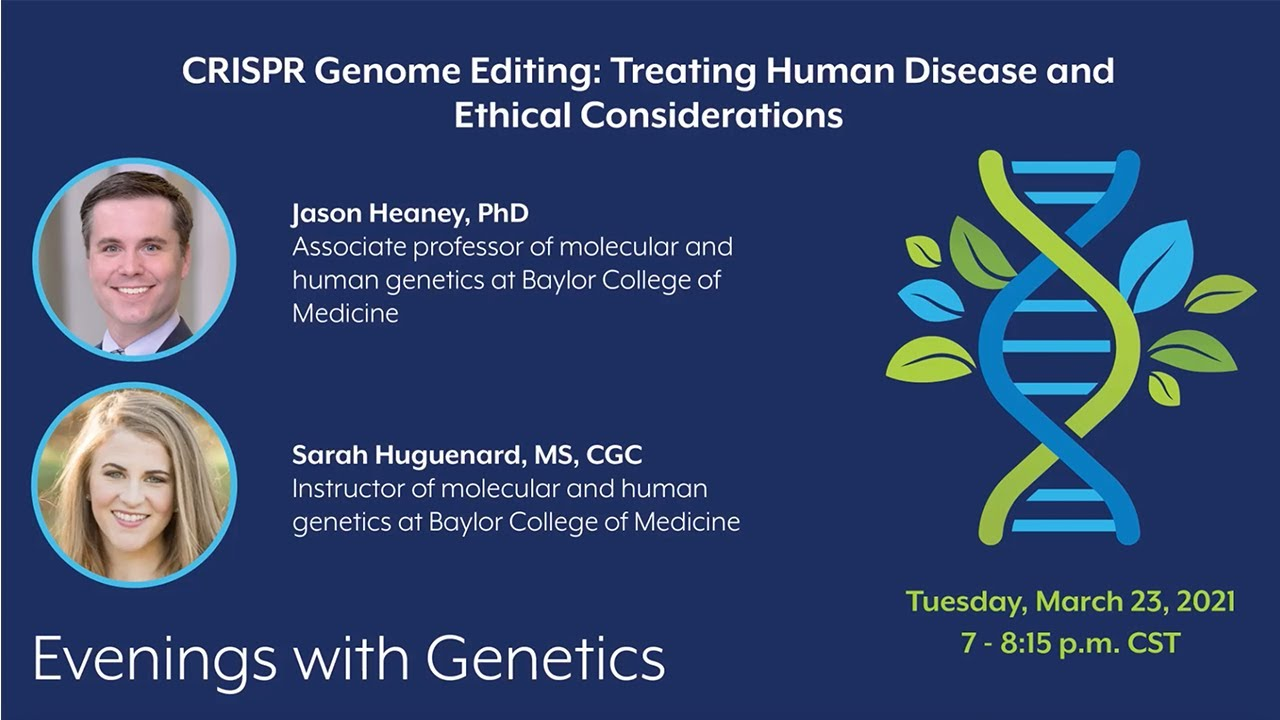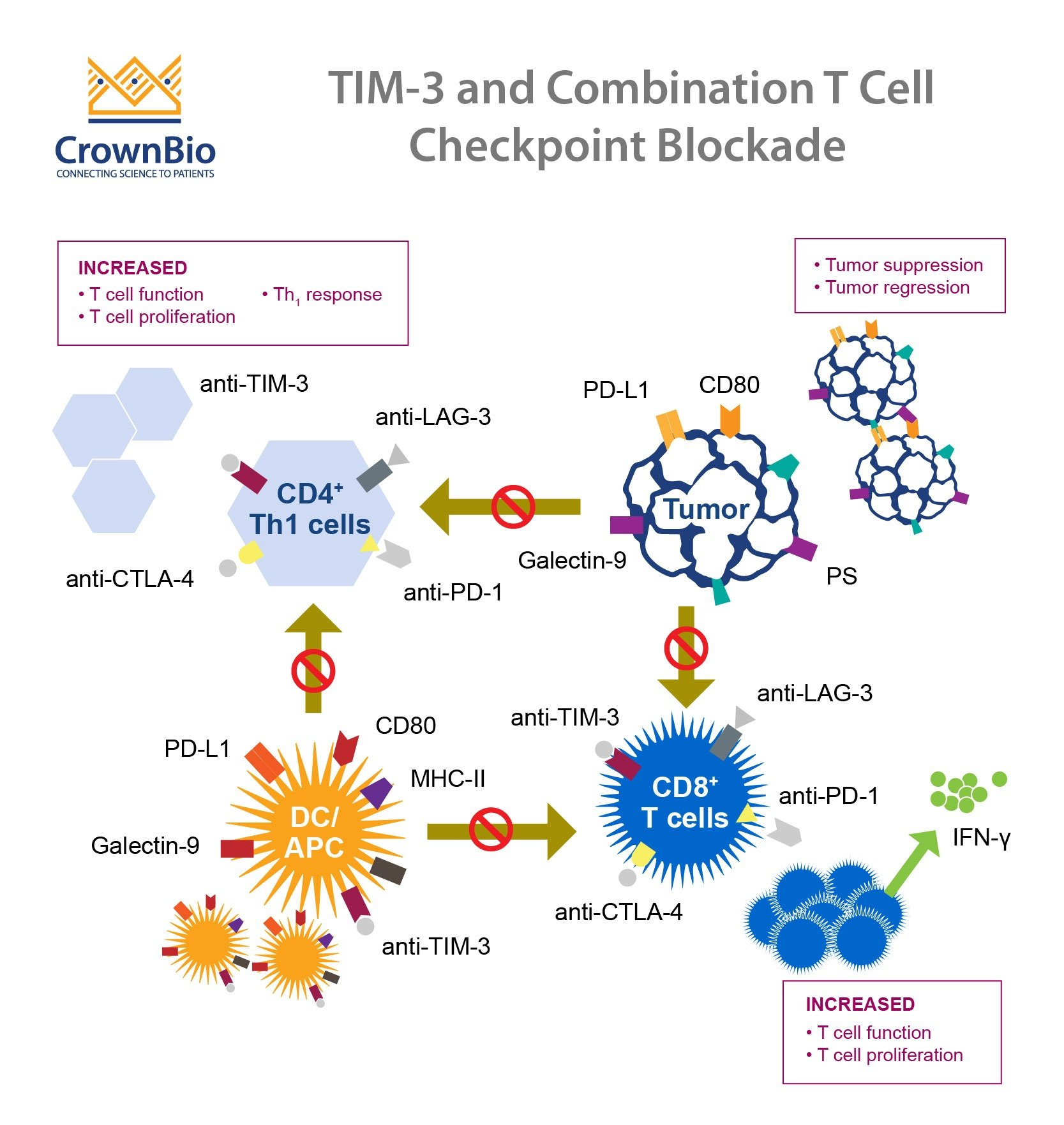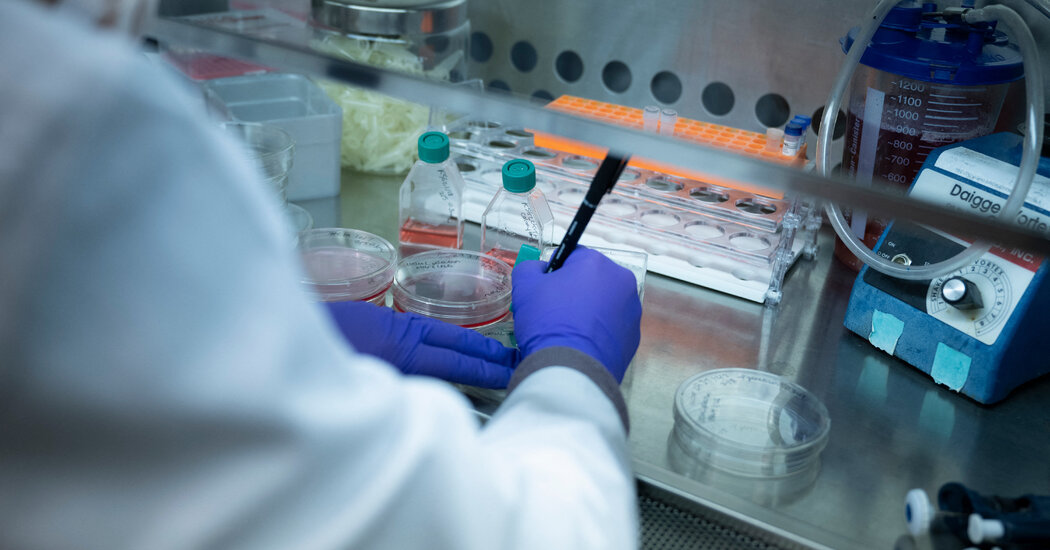CRISPR ethical considerations are at the forefront of contemporary debates surrounding gene editing technologies. As scientists harness the power of CRISPR technology to modify genes and potentially cure genetic diseases, the implications of such advancements raise important ethical questions. For instance, while sickle cell gene therapy showcases CRISPR’s promise, it also reveals profound issues related to health equity and access. The ability to edit genes introduces dilemmas about genetic modification ethics, such as who gets to decide which traits are desirable. As we navigate this transformative landscape, it becomes increasingly vital to examine the ethical frameworks that guide the responsible application of gene editing.
When discussing the moral implications of gene modification, many turn to the term ‘gene editing ethics’ to address the complexities involved in modern biomedical advancements. The rapid evolution of gene-editing techniques, particularly CRISPR, invites scrutiny not only for their potential to cure genetic disorders but also for the societal ramifications they bring, including issues of health equity. The practice of altering human DNA, especially in therapies for conditions like sickle cell disease, raises critical questions concerning genetic liability and the essence of human variation. As researchers and ethicists grapple with these challenges, it remains essential to cultivate a discourse that influences policy and directs ethical technology usage, ensuring that our stride towards medical innovation maintains a commitment to justice and moral integrity.
The Ethical Dilemmas of Gene Editing
Gene editing technologies, particularly CRISPR, present unprecedented opportunities for medical advancements, yet they also raise fundamental ethical dilemmas. As we consider the potential to cure genetic conditions such as sickle cell anemia, we must confront the moral implications of altering what may be viewed as natural variations in human genetics. The question arises: do we have the right to change the human genome, and at what point does this change become an ethical concern? The discussions surrounding gene editing ethics often revolve around concepts of what it means to be human and whether we should prioritize health and functionality over diversity and human variation.
Moreover, the implications of gene editing extend beyond individual decisions, affecting societal norms and values. Debates about whether certain conditions, such as Down syndrome, should be subject to gene editing introduce complex layers of discrimination and social fairness. If technology allows us to eliminate certain traits deemed undesirable, who then defines what qualifies as a necessary alteration? Balancing the benefits of CRISPR technology with the potential for genetic discrimination raises questions about societal responsibilities and the role of ethics in scientific advancement.
CRISPR Technology: Promises and Risks
CRISPR, hailed as a revolutionary tool in genetic engineering, offers significant promise in treating diseases like sickle cell anemia through targeted genetic modifications. The ability to edit genes at the somatic or germline level opens the door to potentially eradicating painful conditions for future generations. However, the very capability of altering human DNA brings to light critical discussions about the risks associated with such modifications. Genetic changes can lead not only to unintended consequences but also to the moral considerations tied to their application.
The excitement surrounding CRISPR technology is tempered by the reality that scientific advancements do not occur in a vacuum. As Neal Baer highlighted, changes to our genetic code can lead to a myriad of issues, such as unforeseen health risks or ethical implications surrounding consent, especially regarding germline modifications that affect future generations. The responsibility of determining which genetic changes are acceptable raises profound questions about who benefits from these technologies, the potential for widening health disparities, and the need for a robust ethical framework to guide their application.
Health Equity in Gene Therapy Access and Outcomes
As advancements in gene therapy, particularly through CRISPR, become more prevalent, the issue of health equity comes to the forefront. The staggering costs associated with cutting-edge treatments, such as the sickle cell gene therapy priced at approximately $2.2 million, highlight serious disparities in access to these life-altering technologies. Advocates for health equity assert that innovation must not only be a source of advancement for some but a catalyst for inclusive health solutions that reach vulnerable populations. Without intentional measures, the chasm between those who benefit from breakthrough therapies and those who are left behind is poised to widen.
The conversation about health equity also involves questioning the systemic biases in medical research and development. Historically, marginalized communities have often been excluded from clinical trials and the benefits of healthcare innovations. As scientists navigate the complexities of CRISPR technology, ethical considerations must encompass the broader implications for marginalized populations. Ensuring equitable access to gene therapy and addressing underlying disparities within health systems are crucial steps in fostering genuine progress and justice in genetic medicine.
Genetic Modification Ethics: The Social Perspective
The ethical debate surrounding genetic modification, particularly through CRISPR technology, invites a broader social perspective that considers the implications of altering human genetics for non-medical reasons. As discussed in the talk by Neal Baer, we face critical questions regarding parental choice and the implications of designing traits in children based on personal or societal preferences. The notion of ‘enhancing’ human beings through genetic modification raises concerns about identity, societal standards, and the potential marginalization of individuals who do not fit the modified paradigm.
These discussions intersect with ideas of human variation and the acceptance of differences as an intrinsic part of our humanity. The experiences shared by individuals with conditions such as albinism or deafness advocate for a more inclusive understanding of human diversity. Rather than viewing these traits through a pathological lens that necessitates correction, the ethical conversation around genetic modification should evolve to incorporate the value of human variation and the idea that all traits contribute to the richness of the human experience.
Determining Oversight in Gene Editing Research
As CRISPR technology progresses, the question of oversight becomes increasingly critical. Although regulations exist prohibiting practices like cloning and germline editing in many countries, the global landscape is marked by inconsistent enforcement and varying ethical stances. As a result, there is a pressing need for robust international frameworks governing the use of gene editing technologies to avert irresponsible or unethical applications. The risk of regulatory ‘race-to-the-bottom’ scenarios, where nations might prioritize scientific advancement over ethical considerations, necessitates a thorough examination of oversight mechanisms.
Furthermore, effective oversight must take into account both the scientific validity and the societal implications of gene editing. Concerns raised by Baer regarding illicit or cavalier applications in countries with lax regulations highlight the need for a comprehensive understanding of how gene edits could affect not only individuals but broader societal structures. Calls for transparent monitoring processes and ethical review committees represent vital steps toward ensuring that the promises of CRISPR technology are realized responsibly and equitably.
CRISPR’s Potential in Treating Genetic Disorders
Exploring CRISPR technology’s potential to address genetic disorders offers hope for many, particularly those suffering from conditions like sickle cell anemia. The process involves precise alterations to the genetic code, allowing for the correction of debilitating mutations that cause suffering in affected individuals. As researchers continue to demonstrate successful applications of CRISPR, the possibility of widespread cures for genetic disorders seems more attainable. This has sparked optimism not only among medical professionals but also families and communities deeply impacted by these conditions.
However, this potential must be balanced with an appreciation for the ethical considerations that such treatments entail. As we open the door to revolutionary therapies, discussions about long-term effects, informed consent, and the possible consequences of genetic alterations must remain at the forefront. The excitement surrounding CRISPR should prompt us to reflect on how we implement these technologies responsibly while prioritizing the well-being of those affected by genetic disorders.
Curbing the Risks of Genetic Engineering
Despite its transformative promise, the risks associated with genetic engineering through CRISPR cannot be overlooked. These risks include unforeseen genetic consequences and the potential for creating new forms of health disparities. Unintended mutations or off-target effects—where CRISPR alters unintended sections of DNA—raise alarm among critics who underscore the need for caution in its application. The debate surrounding genetic modifications highlights the importance of extensive testing and validation before proposing widespread clinical use.
Additionally, the potential misuse of genetic engineering technologies poses a risk that could extend beyond medicine. As highlighted during the discussions, scenarios where genetic enhancements lead to societal inequalities or are exploited for non-therapeutic purposes (such as creating ‘designer babies’) pose ethical concerns that require profound consideration. Establishing strict regulations and ethical guidelines is crucial in curbing risks associated with the misuse of genomic advances, ensuring that this powerful technology serves humanity’s best interests.
The Role of Public Perception in Gene Editing
Public perception plays a vital role in shaping the discourse around gene editing technologies like CRISPR. As awareness grows about the capabilities of gene editing, so too does the need for informed discussions that encompass ethical, social, and health-related implications. Engaging with the public through education and transparent communication can demystify these advanced technologies, fostering trust and understanding. A well-informed public can contribute to more nuanced discussions about gene editing ethics, further enabling society to navigate the complexities of genetic modifications responsibly.
Moreover, public opinion can directly influence policy and regulation concerning gene editing technologies. As society grapples with fundamental questions surrounding the ethics of genetic modifications, incorporating diverse voices into the conversation is essential. This not only includes medical professionals and ethicists but also patients and communities who may be affected by these advancements. Emphasizing the importance of inclusive dialogues ensures that the diverse perspectives surrounding gene editing are acknowledged and integrated, ultimately paving the way for more equitable and ethically sound practices in genetic research and application.
International Collaboration on Gene Editing Ethics
As gene editing technologies rapidly evolve, international collaboration becomes increasingly important in setting ethical standards and regulatory frameworks. Variations in global approaches to CRISPR and gene modification can lead to disparities in research ethics and patient protections. To address this, international organizations and collaborative research initiatives are instrumental in creating guidelines that prioritize safe and ethical practices in gene editing. Such cooperation fosters a shared understanding of the ethical implications and potential risks associated with genetic alterations.
Establishing international norms around gene editing not only enhances the quality of scientific research but also ensures that all countries adhere to the same ethical standards. The potential for gene editing to improve health outcomes globally is vast, yet it must be pursued responsibly and transparently. By fostering international dialogue on gene editing ethics, countries can learn from each other’s experiences and approaches, ultimately ensuring that the benefits of these advancements are equitably distributed across the globe.
Frequently Asked Questions
What are the ethical considerations regarding CRISPR technology in gene editing?
CRISPR technology presents a range of ethical considerations, particularly around its applications in human gene editing. Key concerns include the morality of altering genetic traits, the potential for exacerbating health inequities, and the need for strict regulations to oversee its use. Ethical discussions often revolve around whether it is appropriate to edit genes in embryos or to enhance traits in a way that contributes to societal divides.
How does CRISPR gene editing raise questions about health equity?
The high cost associated with CRISPR gene editing, such as the estimated $2.2 million price tag for sickle cell gene therapy, raises serious questions about health equity. Access to life-saving treatments may be limited to wealthy individuals or countries, leaving vulnerable populations without options. This disparity emphasizes the need for a framework that ensures fair access to gene editing technologies for all individuals, regardless of socioeconomic status.
What are the implications of genetic modification ethics in relation to parental decision-making?
Genetic modification ethics touch upon whether parents should be allowed to make decisions about their children’s genetic traits, such as choosing to enhance or modify characteristics deemed undesirable. This raises profound questions about autonomy, consent, and the potential societal implications of ‘designer babies,’ leading to debates on whether such modifications could impact societal norms, values, and individual identity.
Why is oversight critical in the context of CRISPR technology?
Oversight is essential in the field of CRISPR technology to prevent unethical applications, such as unauthorized germline editing or modifications that could lead to unintended consequences. Without proper regulation and ethical guidelines, there is a risk of misuse in areas like creating genetically engineered soldiers or the potential for human genetic modification without informed consent, consequently prompting serious ethical and safety concerns.
How do discussions around sickle cell gene therapy illuminate ethical issues in CRISPR research?
Discussions around sickle cell gene therapy highlight ethical concerns such as the right to choose genetic interventions for conditions that are manageable versus those that are life-threatening. While CRISPR offers the potential for cures, it prompts questions about the responsibility of scientists and regulators in ensuring that such technologies are used ethically and equitably, considering the broader implications of normalizing genetic modifications.
What are the consequences of unintended changes that can arise from CRISPR gene editing?
The unintended consequences of CRISPR gene editing can be significant due to the complex nature of genetic interactions. While a change might target one specific trait, it can potentially disrupt other vital genetic functions, leading to unforeseen health issues. This emphasizes the necessity of comprehensive research and cautious application of gene editing technologies to safeguard human health and genetic diversity.
How do cultural perspectives affect the ethics of CRISPR technology?
Cultural perspectives play a crucial role in shaping the ethics surrounding CRISPR technology. Different societies may have varied beliefs about the sanctity of genetic integrity, the implications of altering human traits, and definitions of disability. These cultural views influence public acceptance and regulatory approaches to gene editing, ultimately affecting how CRISPR technologies are developed and utilized globally.
| Key Points |
|---|
| CRISPR technology allows for gene editing that can potentially cure diseases such as sickle cell anemia. |
| The ethical considerations of using CRISPR include the implications of modifying human traits and diseases that are not life-threatening. |
| Cost and access to gene editing treatments pose significant issues, raising questions about health equity. |
| The role of parental decisions in genetic modifications is a complex ethical dilemma. |
| There are concerns about the oversight and regulation of gene editing technologies globally. |
| Unintended consequences of gene editing may arise, as genes have complex interactions within the body. |
Summary
CRISPR ethical considerations are a vital topic in current biotechnology discussions. As the ability to edit genes becomes more accessible, society must critically evaluate the implications of modifying life, questioning whether it is our right or responsibility to change inherent human differences. With the power to potentially eradicate genetic diseases comes a multitude of ethical quandaries including health equity, the role of parental choice, and the complexities of genetic interactions. Addressing these dilemmas is crucial to ensure that advancements in gene editing benefit society as a whole without compromising ethical standards.



